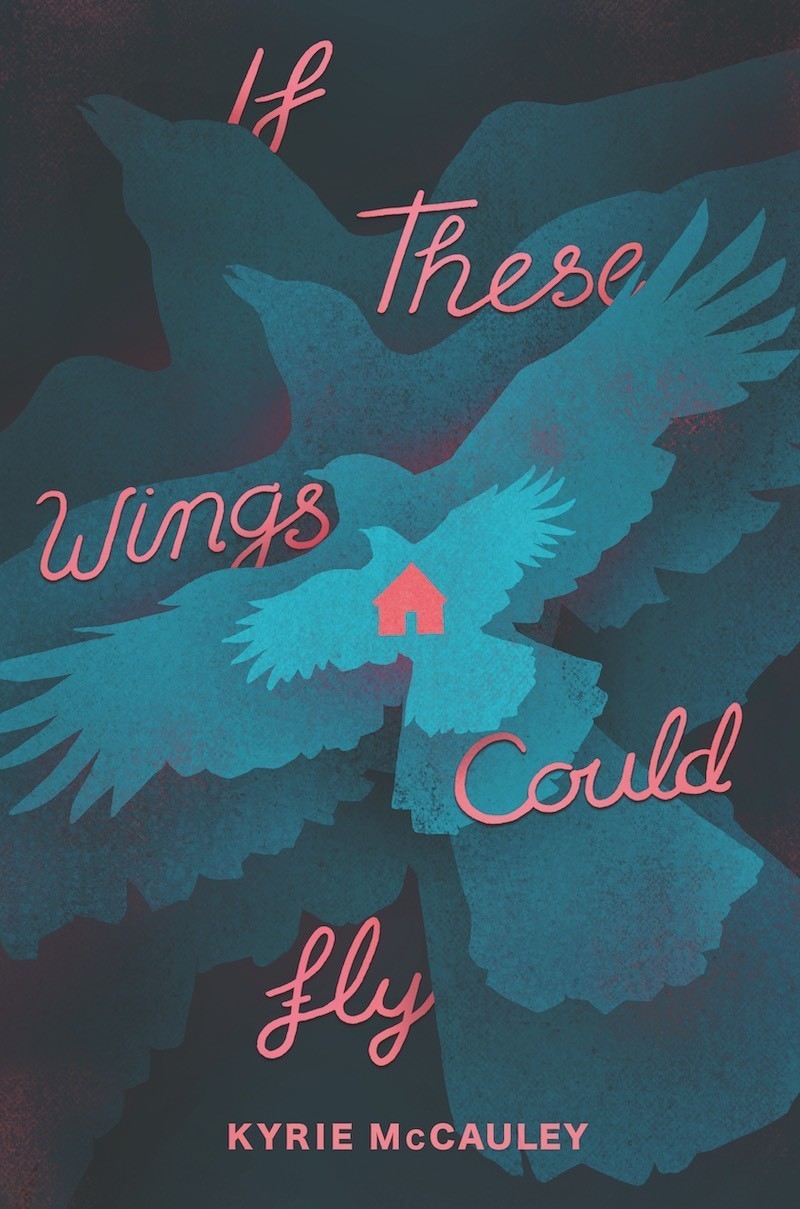Chapter 1
byChapter 1 of If These Wings Could Fly sets a powerful tone as the protagonist reflects on the tense and emotionally charged environment at home. The opening scene describes the stifling heat of a humid night, with the protagonist’s window wide open, allowing the oppressive air to fill the room. Heavy clouds loom overhead, symbolizing a long-awaited storm, which represents not only the much-needed rain for the drought-stricken town but also the hope for change and forgiveness in the protagonist’s life. The protagonist’s mind is consumed by the chaotic state of her household, where the dominant presence of her father instills a sense of fear and anxiety. His volatile nature has cast a long shadow over the family, creating an atmosphere where peace and security are rare. The protagonist’s thoughts shift to the growing weight of her responsibilities, as this year marks the final stretch of high school before she must focus on securing her future, all while taking on the role of protector for her two younger sisters.
The protagonist’s internal conflict is made even more palpable as she sits with her two younger sisters, the sound of classic rock music blasting through the house, adding to the overwhelming chaos. With each passing beat, the volume seems to increase, mirroring the rising tension and disorder within the household. But the situation takes a dramatic turn when a loud crash is heard downstairs, causing the protagonist’s heart to race with fear. In that moment, her protective instincts kick in, and she is filled with an overwhelming sense of dread about what might have happened to their mother. Her father’s behavior, often unpredictable and rooted in his financial struggles, is the catalyst for these violent outbursts. The pressure of an unpaid mortgage and mounting energy bills only serve to fuel his rage, and the protagonist feels a deep, bone-chilling fear as she senses the potential danger that looms for her mother. The atmosphere becomes thick with terror, and the protagonist’s helplessness becomes all the more intense as she faces the reality of her powerless position.
The narrative shifts to the chilling confrontation between the father and mother, as the father physically shoves the mother against furniture in a fit of rage. The scene is harrowing, with the protagonist trying desperately to reassure her sisters that everything is fine, even though she is terrified. She feels her own fear and helplessness wash over her, knowing that her mother could be harmed, yet unsure of how to intervene without making the situation worse. As the violent tension continues, the protagonist realizes that she cannot remain passive any longer. Her attempt to keep the situation from escalating leads her to the decision to escape with her sisters, aware that the telephone line has been severed, preventing her from calling for help. In a desperate bid to protect her sisters, she climbs out the window and onto the roof, trying to frame the situation as an adventure to keep them calm. But despite her brave front, the protagonist’s own fear is palpable, particularly as they cross the yard, which is eerily filled with crows. The ominous presence of the birds adds an extra layer of unease to an already tense moment, heightening the sense of foreboding as they move through the night.
Her journey to a neighbor’s house is filled with mounting anxiety and fear of the unknown. The hope for assistance is dashed when she finds that no one is home, leaving her feeling isolated and more vulnerable than ever. With no other options, she reluctantly returns to the house, where she is met by her father, whose anger still simmers just beneath the surface. In a panic, she lies, telling him that she has called the police, understanding the risks of telling the truth in such a volatile situation. As her father storms off, leaving her momentarily safe, a fleeting sense of relief washes over the protagonist, but it’s quickly tempered by the knowledge that this temporary reprieve may not last. Just as the tension peaks, rain finally begins to fall, bringing with it a sense of cleansing and renewal, as though the storm is washing away the darkness of their current circumstances. The rain symbolizes not only the literal change that is needed in the drought-stricken town but also the figurative change that the protagonist so desperately seeks in her own life. Despite the brief relief, the protagonist knows that the struggle is far from over, and the storm is merely a temporary reprieve from the storm of emotions and fears that threaten to overwhelm her.

